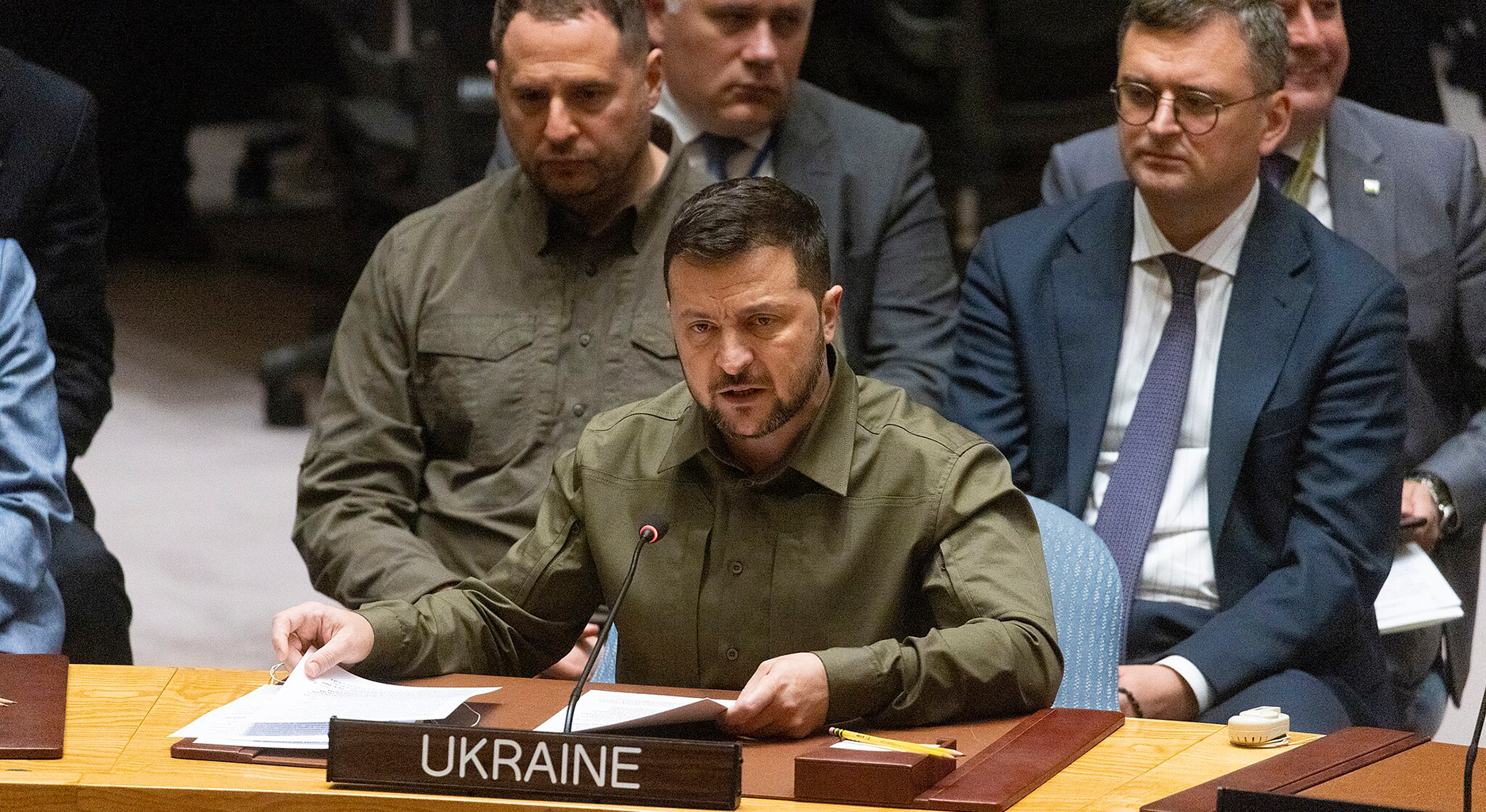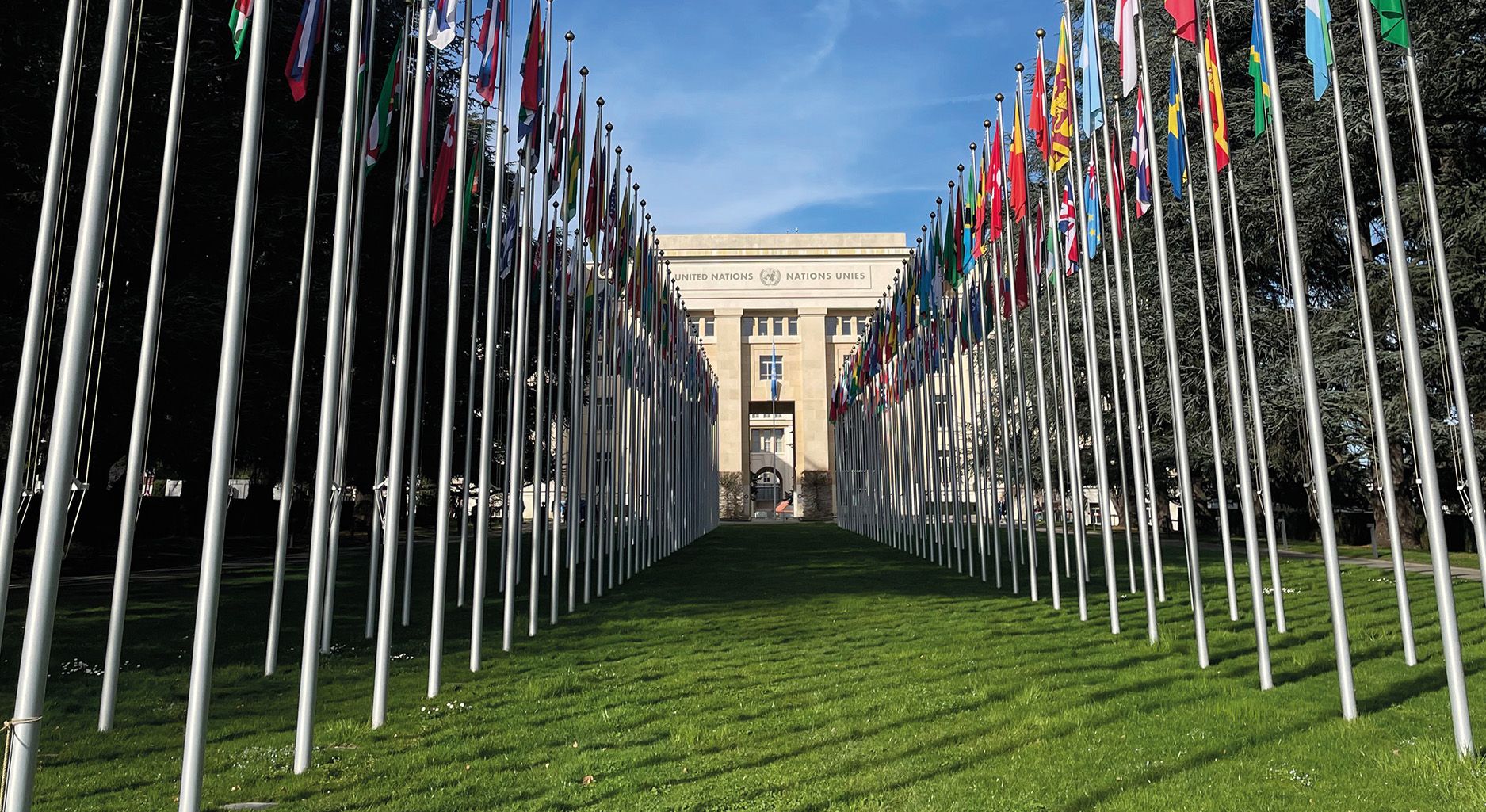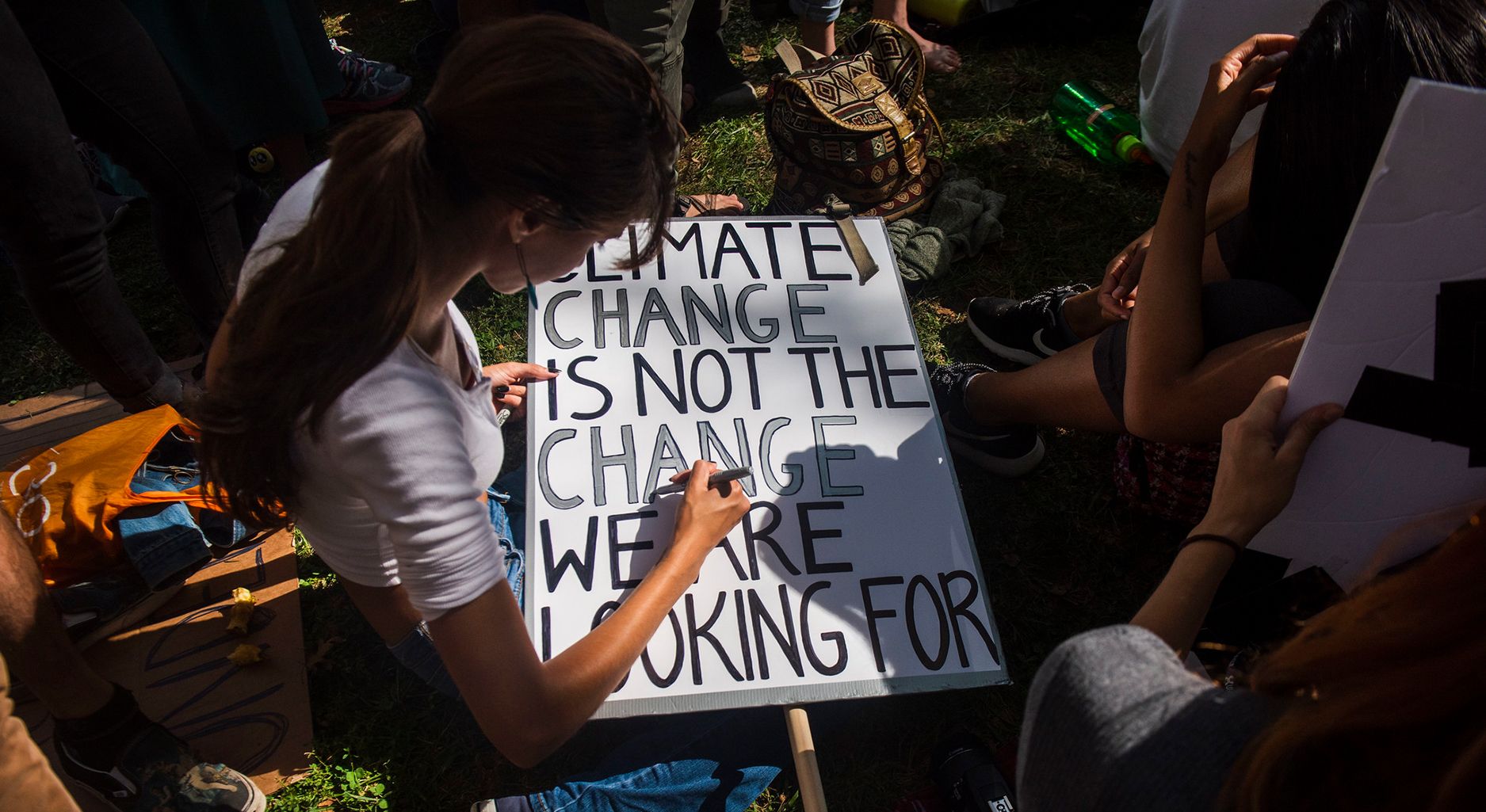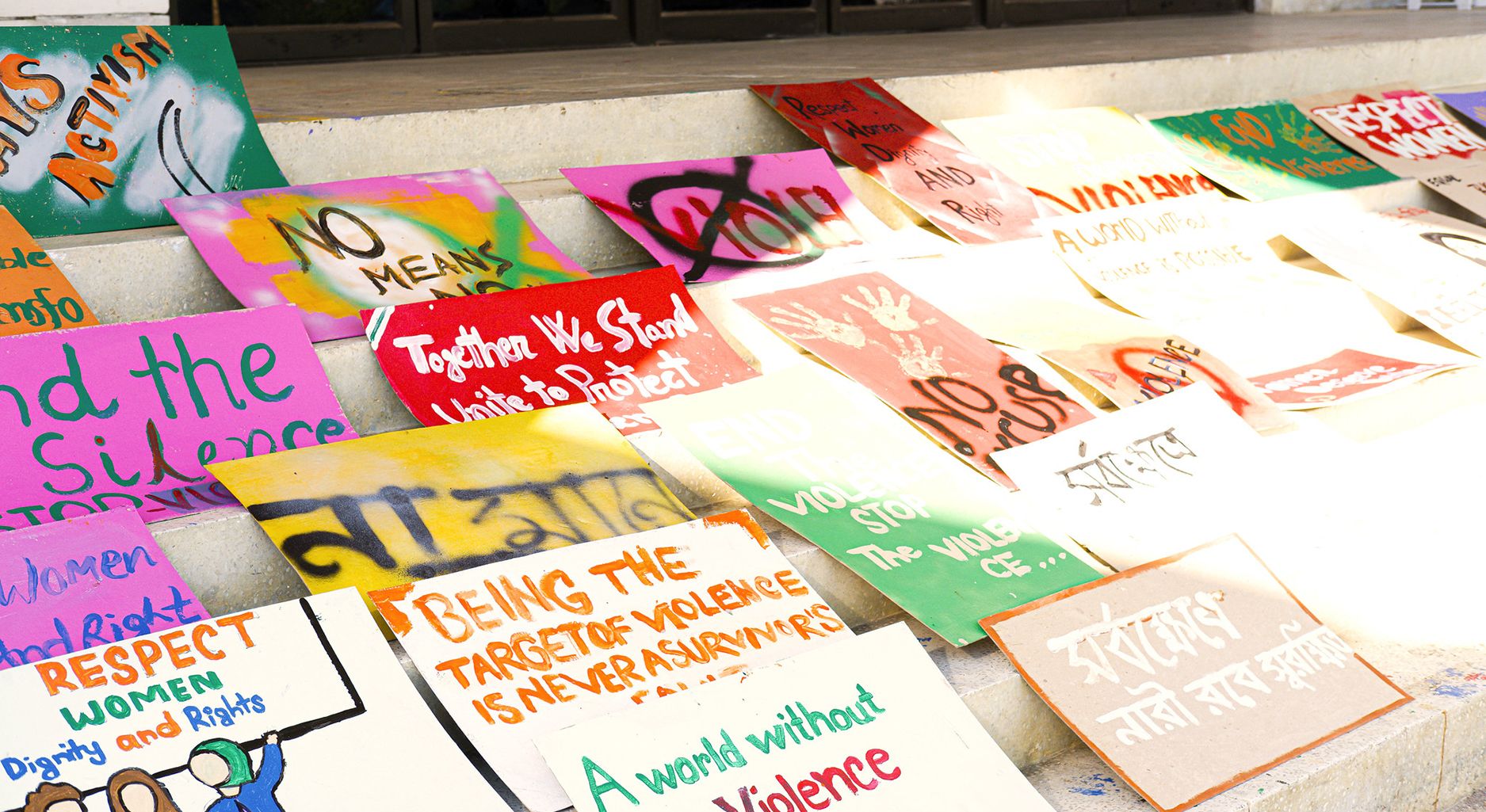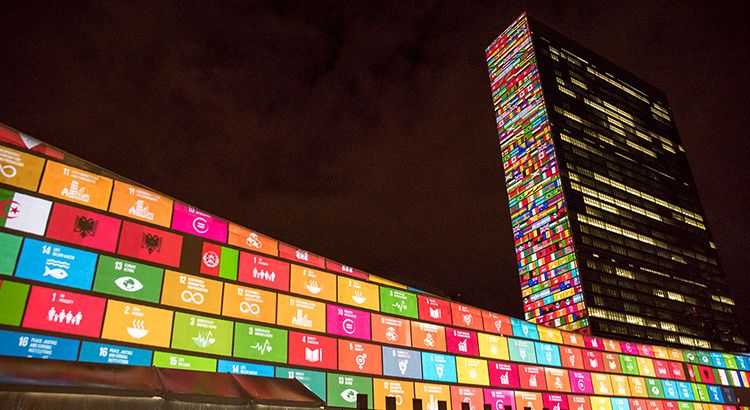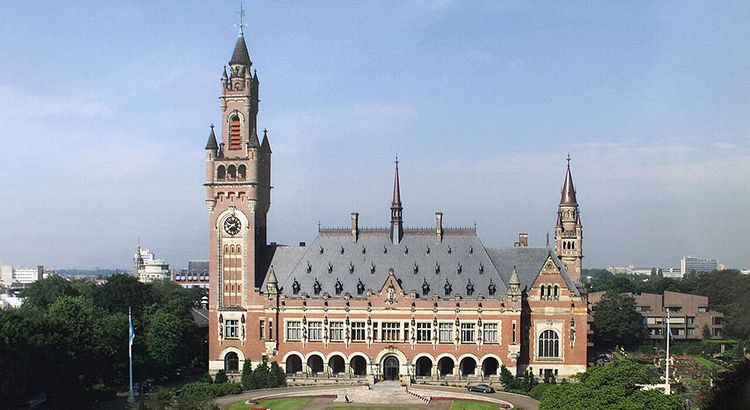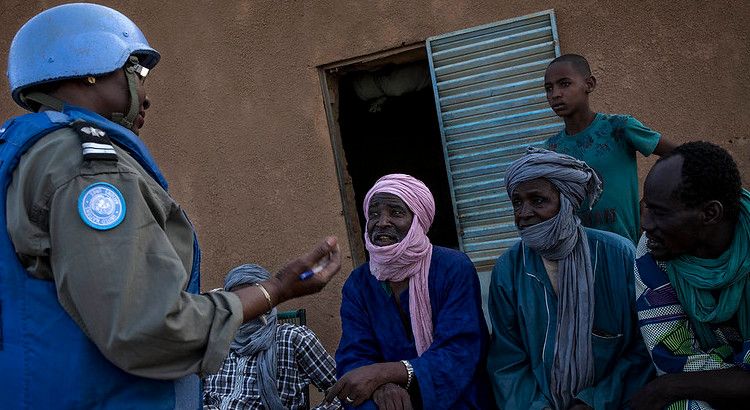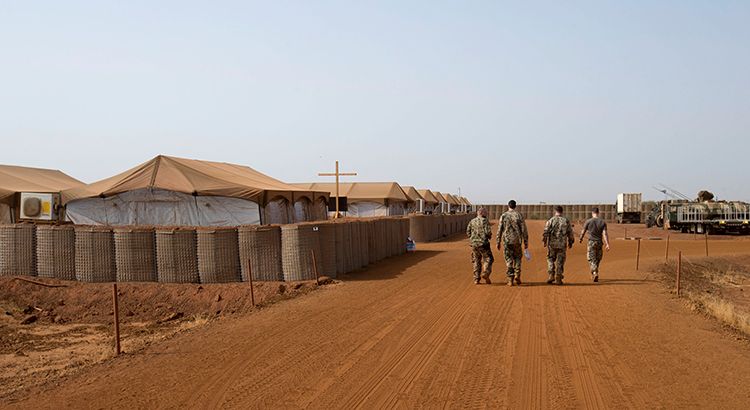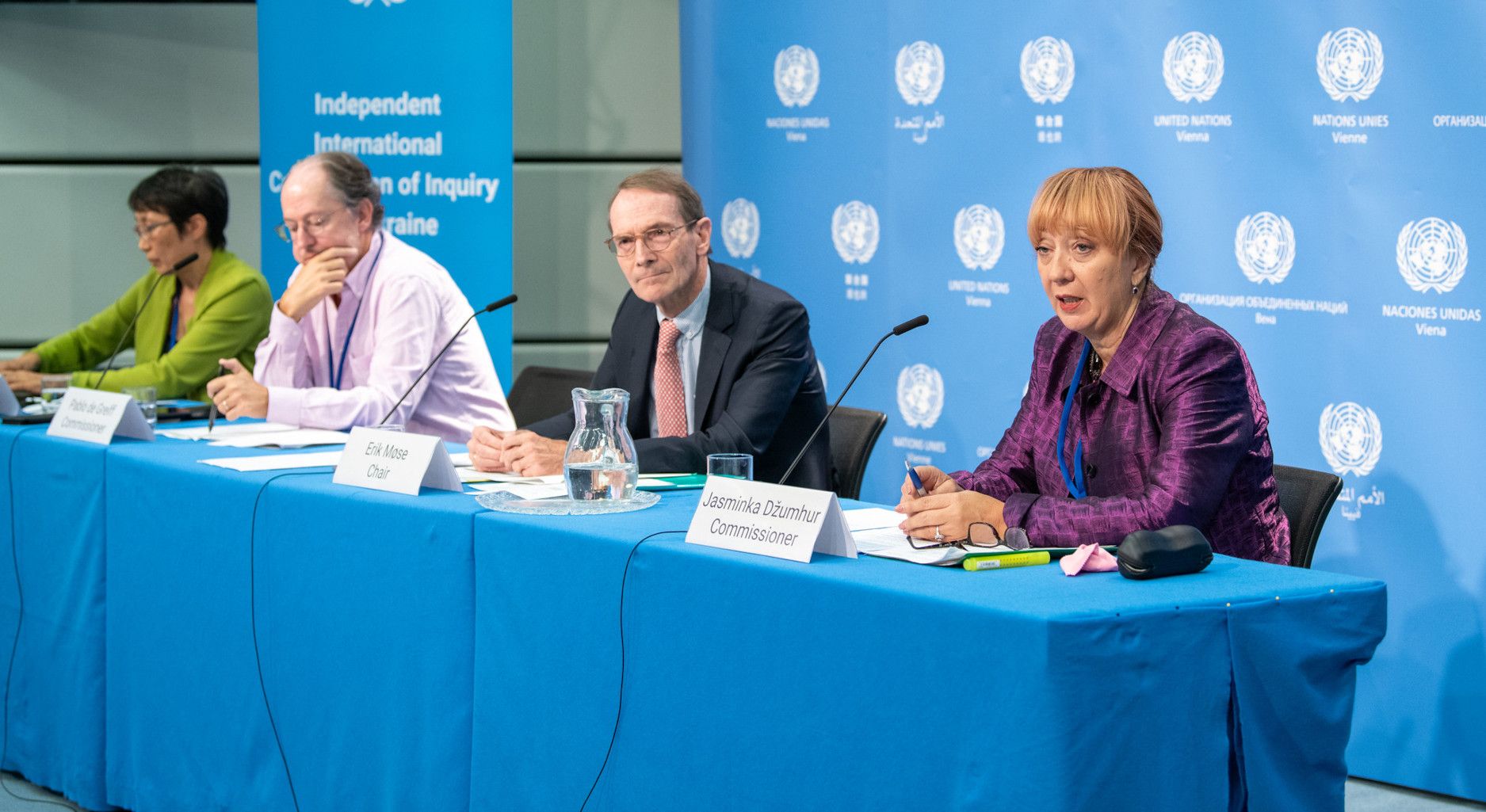Schlagwort: Vereinte Nationen
The search for recognised political legitimacy and legality is integral to states which take part...
Between a Rock and a Hard Place: The UN Cybercrime Convention
In December 2024, UN members will vote on a worldwide Cybercrime Convention negotiated since...
UN Summit of the Future: Why the Climate-Gender-Conflict Nexus Would Be a Game Changer
World leaders and international civil society will gather in New York on 22-23 September 2024 for...
Shattered Lives: The Global Crisis of Sexual Violence in Conflict
June 19th is the international day for the elimination of sexual violence in conflict. It is a...
Beyond Zero Tolerance: The Persisting Challenge of Sexual Abuse by UN Peacekeepers
The United Nations (UN) deploys peacekeepers worldwide to help build peace and security....
Neuer Aufschwung oder unüberwindbare Hindernisse? Der SDG-Gipfel 2023 im Zeichen eskalierender globaler Mehrfachkrisen
„The world is far off track“ – Diese Warnung spricht der von 15 Wissenschaftler*innen verfasste...
Chemical Attacks under the Convention against Torture: A New Possible Avenue?
On the 8th of June 2023, Canada and the Netherlands initiated proceedings at the International...
Das Ende vom Lied? Der anstehende Abzug von MINUSMA und was das für die deutsche Zusammenarbeit bedeutet
Am vergangenen Freitag hat der Sicherheitsrat der Vereinten Nationen einstimmig für den Abzug der...
Keine Freude über den Abzug
Bundesverteidigungsminister Boris Pistorius nahm nach den Gesprächen mit der malischen...
From Facts to Norm Violations and Accountability? The Independent International Commission of Inquiry on Ukraine
The Independent International Commission of Inquiry on Ukraine—established by the United Nations...
